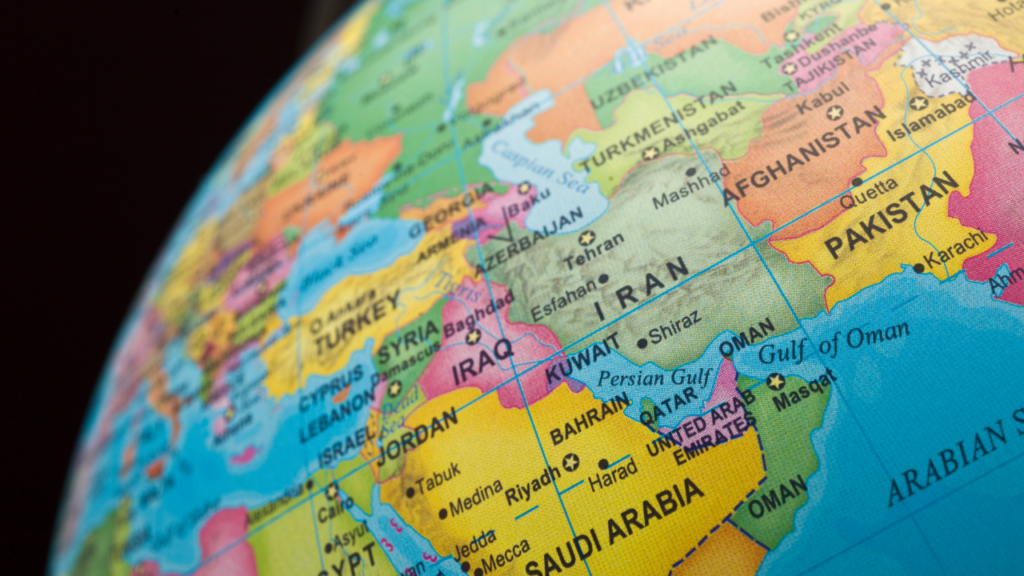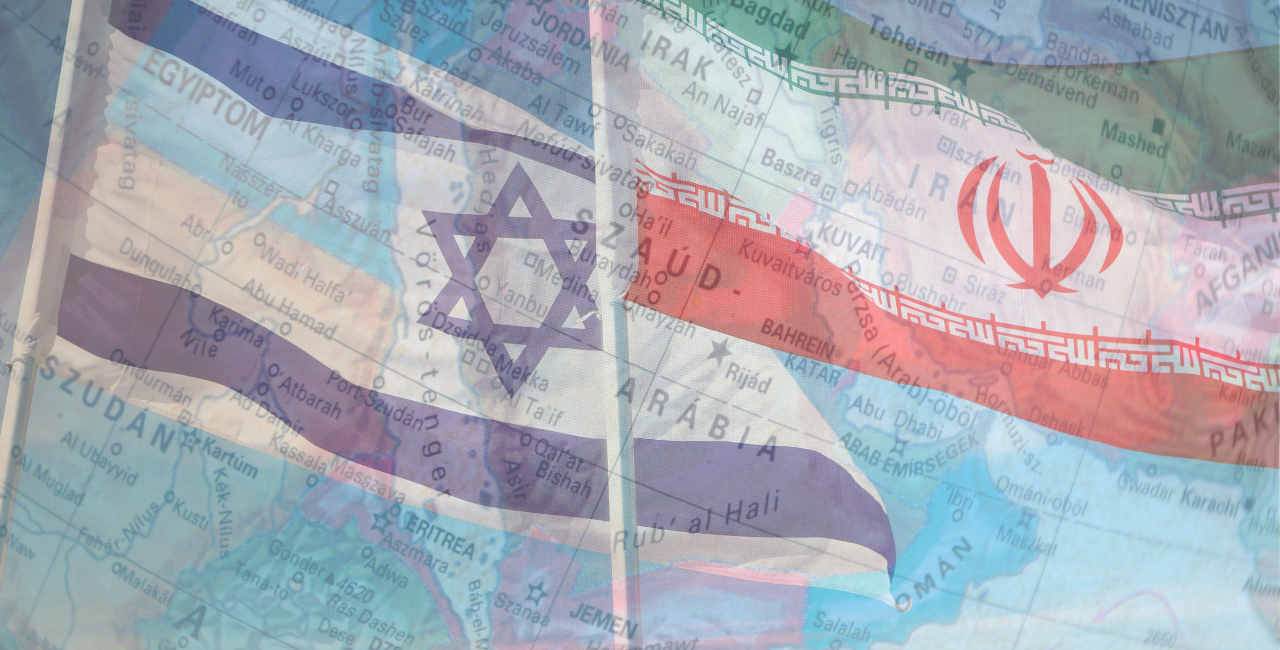The ongoing conflict in the Middle East is rapidly intensifying, bringing the region to the brink of a broader confrontation. Recent developments suggest a potential escalation involving Israel, Iran, and Gulf Arab nations, creating a volatile geopolitical landscape. This article delves deeply into Iran’s recent warnings to Gulf states, the strategic implications of these threats, and the potential consequences for global stability and the energy sector.
Iran’s Warning to Gulf States: A Direct Threat to Regional Stability
As tensions mount between Israel and Iran, Tehran has issued a stern warning to Gulf Arab nations regarding their potential involvement in any Israeli offensive. This warning comes in response to rising speculation that Israel is planning to launch a broad military campaign against Iran, particularly targeting key oil facilities.
Iran has made its position unequivocally clear. Any Gulf Arab nation that permits its airspace or military bases to be used for an Israeli attack on Iran will be considered a participant in the aggression, thus making them targets of Iranian retaliation. The strategic message from Tehran is intended not only to dissuade Gulf states from aligning with Israel but also to signal that Iran will not tolerate any form of regional cooperation with its adversaries.
Gulf States’ Concerns and Responses

The Gulf states, particularly Saudi Arabia, the United Arab Emirates (UAE), and Qatar, find themselves in a precarious position. Historically, these nations have maintained complex and, at times, covert relationships with Israel. However, in this instance, they are acutely aware of the risks of becoming embroiled in a direct military conflict between Israel and Iran.
Reports indicate that Gulf nations are unwilling to allow Israeli forces to use their airspace for any offensive actions against Iran. This refusal has been communicated to both Israel and the United States, with the Gulf states emphasizing their desire to maintain neutrality. Their primary concern is the protection of critical oil infrastructure, which plays a pivotal role in both their economies and the global energy market.
Saudi Arabia and the UAE, in particular, are heavily reliant on oil exports, and any attack on their facilities could have catastrophic consequences not only for their own economies but also for global oil supplies. The looming threat of Iranian missile strikes on these facilities is a powerful deterrent that has driven these nations to distance themselves from direct involvement in the Israeli-Iranian conflict.
Iran’s Potential Targets: Oil Facilities as Leverage

Iran’s threats to target Gulf oil facilities should not be underestimated. With the global economy still heavily reliant on oil, any disruption to the flow of oil from the Gulf region would have far-reaching consequences. Iran has a history of using its regional influence to disrupt oil supplies, whether through direct military actions or via its proxies, such as Hezbollah in Lebanon and the Houthis in Yemen.
By targeting oil facilities, Iran could achieve several strategic objectives. First, it could significantly damage the economies of Gulf states that align with Israel, thereby weakening their ability to support any prolonged conflict. Second, it would send a powerful message to the international community, particularly the United States and Europe, which are heavily dependent on Gulf oil supplies.
Moreover, such actions could trigger a surge in global oil prices, creating additional pressure on Western economies. This would further complicate the response of the United States and its allies, as they would have to balance the need for regional stability with the broader economic impacts of any military action against Iran.
Israel’s Strategic Calculations: The Hezbollah Factor

Israel’s ongoing military operations in Lebanon, particularly its strikes against the Iran-backed Hezbollah, have added another layer of complexity to the situation. Hezbollah, a powerful militant group based in Lebanon, has long been a key ally of Iran and has played a central role in the broader conflict between Israel and Iran.
In recent weeks, Israel has intensified its airstrikes against Hezbollah targets in Lebanon, leading to significant casualties. These actions have further inflamed tensions in the region, with Iran vowing to retaliate against any Israeli aggression. The recent killing of Hezbollah’s leader, Hassan Nasrallah, has only served to escalate the conflict, with Hezbollah launching rocket attacks on Israeli cities in response.
Israel’s strategic objective is clear: neutralize Hezbollah as a military threat and prevent it from launching attacks on Israeli territory. However, this approach carries significant risks. Hezbollah is deeply entrenched in Lebanon and enjoys strong support from Iran, meaning that any prolonged conflict with the group could lead to a broader regional war.
U.S. Involvement: A Balancing Act

The United States finds itself caught in a delicate balancing act in the Middle East. On the one hand, it has a longstanding commitment to supporting Israel, its closest ally in the region. On the other hand, it must maintain stable relations with Gulf Arab nations, which are critical to global energy security.
The U.S. has already urged Israel to refrain from targeting Iranian oil facilities, recognizing the potential consequences such actions could have on the global oil market. At the same time, Washington is working to reassure its Gulf allies of its commitment to their security, particularly in the face of Iranian threats.
However, the U.S. faces a difficult challenge. Any overt military action against Iran could provoke a broader conflict that would destabilize the entire region. At the same time, failure to act decisively could embolden Iran and its proxies, leading to further aggression against Israel and Gulf Arab states.
Conclusion: A Region on the Brink
The Middle East stands at a critical juncture. The conflict between Israel and Iran has the potential to escalate into a full-scale regional war, with devastating consequences for both the region and the world. Iran’s warnings to Gulf Arab nations are a clear signal that it is prepared to defend its interests, even if that means striking at the heart of the global energy market.
As Gulf states seek to navigate these dangerous waters, they must carefully balance their relationships with Israel, the United States, and Iran. Their primary goal will be to avoid becoming directly involved in the conflict while protecting their vital oil infrastructure from potential Iranian attacks.
In the coming weeks and months, the actions of key regional and global players will determine whether the Middle East descends into chaos or whether a fragile peace can be maintained. The stakes could not be higher, and the world will be watching closely as events continue to unfold.

